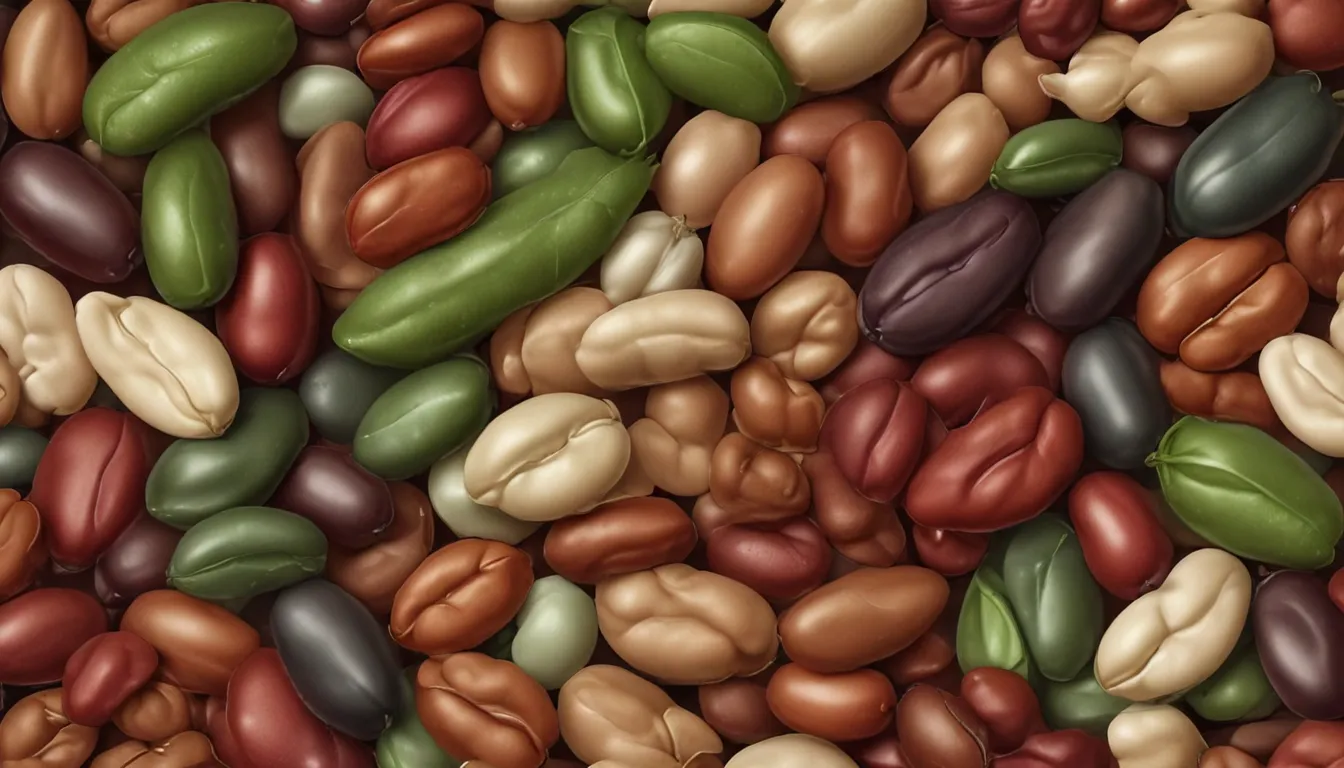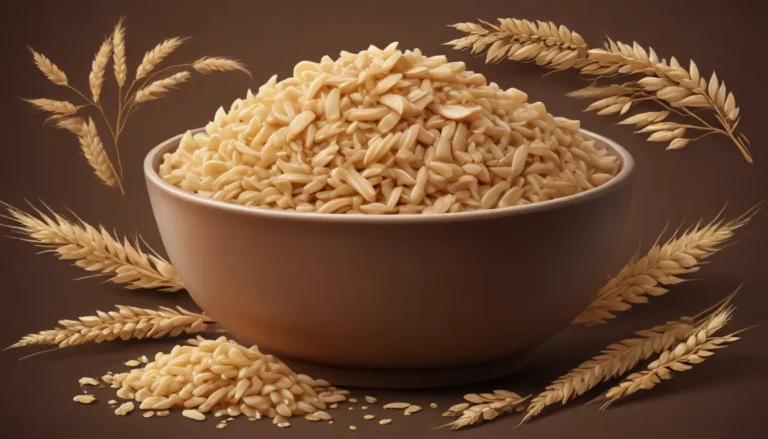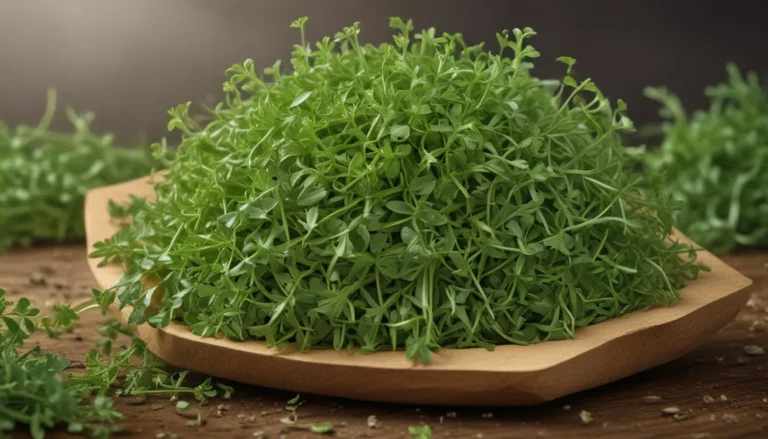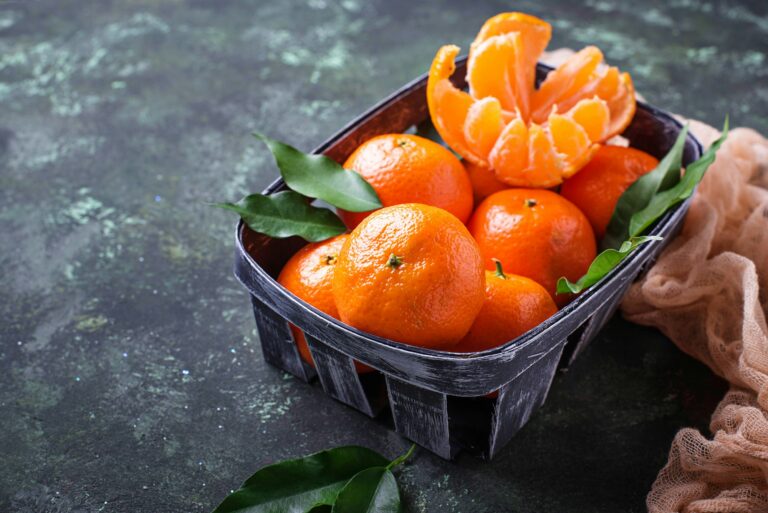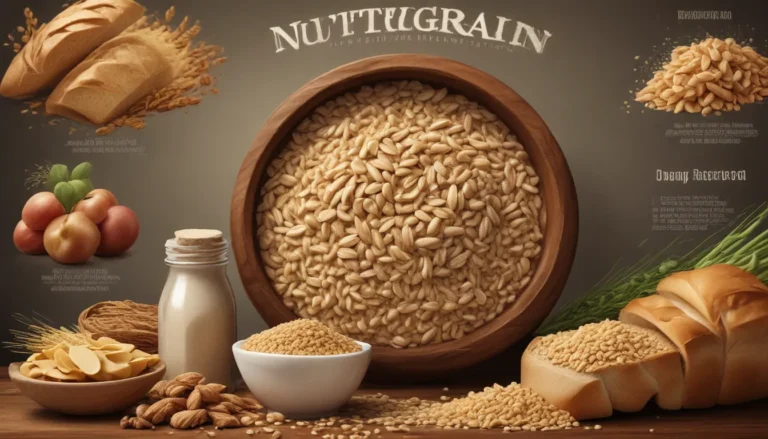The pictures in our articles might not always show exactly what the text is talking about. We use these images to make the article more interesting and eye-catching. They are there to add to the text, but not to replace it or show every detail.
If you're looking to add a healthy and sustainable ingredient to your meals, beans are the perfect choice. Packed with fiber, protein, antioxidants, and a multitude of health benefits, beans have been a staple in diets worldwide for centuries. With thousands of varieties offering an array of flavors and colors, beans are not only good for your health but also for the environment.
Key Takeaways:
- Beans are a superfood that provides essential nutrients and supports digestive health.
- The diverse range of bean varieties makes them a versatile and flavorful ingredient in various cuisines.
- Beans are an affordable and sustainable source of protein with a low environmental impact.
Beans: A Nutritional Powerhouse
Beans are an excellent source of fiber
Beans are rich in dietary fiber, which promotes digestive health and helps regulate blood sugar levels, making them a valuable addition to your diet.
Thousands of bean varieties to explore
With over thousands of bean varieties available globally, each type offers a unique flavor and texture, allowing you to experiment with new bean dishes every day.
Beans are an affordable protein source
For those seeking a cost-effective alternative to meat, beans provide essential amino acids necessary for a well-balanced diet without straining your wallet.
Beans promote sustainability
Beans have a low carbon footprint, contribute to soil health by fixing nitrogen, and require fewer resources, making them an environmentally friendly choice for farmers and consumers.
Antioxidant-rich beans
Beans are packed with antioxidants like flavonoids and polyphenols, essential for protecting the body against cell damage and reducing the risk of chronic diseases.
Iron-rich beans
Beans are an excellent source of iron, crucial for red blood cell production and oxygen transport throughout the body.
Health Benefits of Beans
Heart-healthy beans
Beans are beneficial for heart health as they contain soluble fiber, helping to lower LDL (bad) cholesterol levels and support cardiovascular well-being.
Gluten-free bean options
Beans are naturally gluten-free, making them a suitable alternative for individuals with gluten intolerance or celiac disease.
Low glycemic index beans
With a low glycemic index, beans are a suitable choice for managing blood sugar levels and promoting overall health.
Weight management with beans
High in fiber and slow to digest, beans can help you feel full longer and support weight management as part of a balanced diet.
The Versatility of Beans
Historical cultivation of beans
Beans have been cultivated for thousands of years and played a significant role in various civilizations' diets throughout history.
Staple in global cuisines
From Mexican refried beans to Indian dal, beans are a fundamental ingredient in traditional cuisines around the world, offering versatility and nutritional value.
Nutrient-packed beans
Beans are a natural source of folate, potassium, and other essential nutrients vital for maternal health, blood pressure regulation, and overall well-being.
Growing beans at home
You can easily grow beans in your backyard or balcony, making them a practical option for novice gardeners looking to experiment with homegrown produce.
Visual appeal of beans
With a diverse range of colors and sizes, beans add visual interest to dishes, enhancing their appeal and making mealtime more enjoyable.
Various cooking methods for beans
Whether in soups, stews, salads, or desserts, beans can be prepared in numerous ways, adapting to different cooking techniques and recipes.
Long shelf life of beans
Dried beans have an extended shelf life, ensuring you always have a nutritious ingredient on hand for wholesome meals, even when fresh produce is not readily available.
Beans and global food security
Beans play a crucial role in addressing global food security by providing an affordable and nutritious food source to populations worldwide, combating hunger and malnutrition.
Enjoy the Benefits of Beans
In conclusion, beans are not only a delicious addition to meals but also offer numerous health benefits, making them a valuable ingredient in a balanced diet. Whether you're looking to boost protein intake, improve digestion, or manage weight, beans are a versatile and nutritious choice for any meal. So next time you're cooking, consider incorporating beans into your dishes to enjoy their rich fiber content, antioxidants, and essential nutrients.
Frequently Asked Questions
- Are beans a good source of protein?
-
Yes, beans are an excellent plant-based source of protein, ideal for vegetarians and vegans.
-
Do beans cause gas?
-
Beans can cause gas due to oligosaccharides but soaking them before cooking and gradually increasing intake can help reduce gas production.
-
Can beans help with weight loss?
-
High in fiber and protein, beans can promote weight loss by increasing satiety and reducing overall calorie intake.
-
Are canned beans healthy?
-
Choose canned beans with no added salt or preservatives and rinse them before use to reduce sodium content.
-
How should I cook beans?
-
Most beans require soaking before cooking to reduce cooking time and improve digestibility, following package instructions or soaking overnight.
-
Are all beans gluten-free?
- Most beans are naturally gluten-free, but check labels for cross-contamination if you have gluten intolerance or allergies.
Remember to consult with a healthcare professional or dietitian before making significant changes to your diet. Enjoy the benefits of beans in your meals, from nutrient-rich varieties to sustainable growing practices, and explore the diverse world of beans for a healthier lifestyle.
